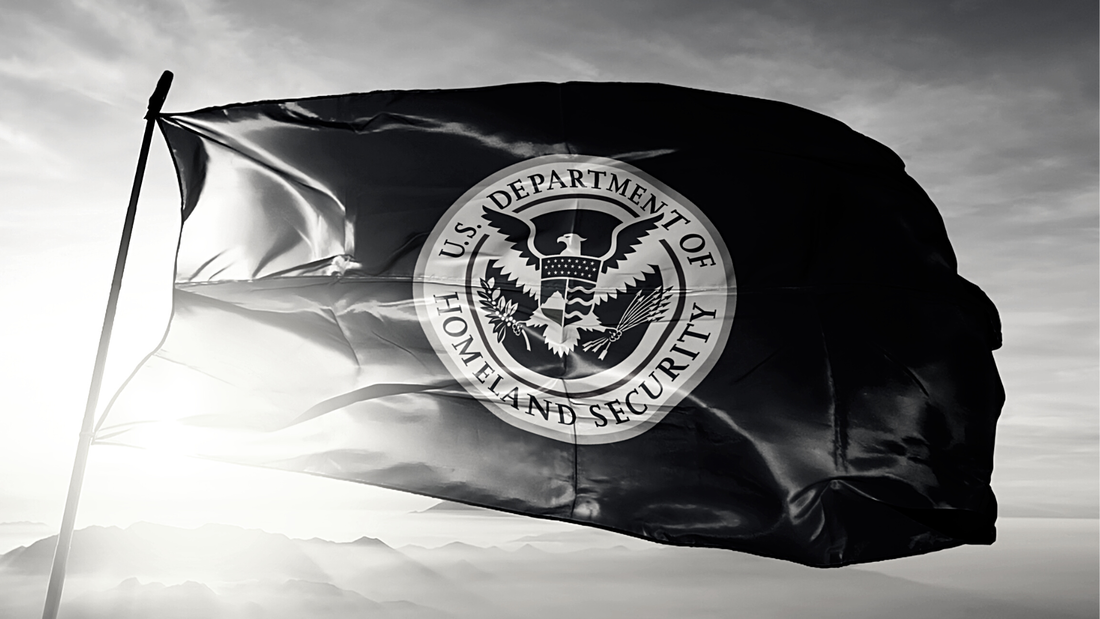|
The debate over reform and reauthorization of Section 702 of the Foreign Intelligence Surveillance Act (FISA) is a contentious one between champions of civil liberties and those of the intelligence community. Op-eds, podcasts, and blogs are being volleyed by both sides like projectiles in a furious medieval battle.
Defenders of the status quo insist that a “clean” reauthorization of Section 702 is vital to protect the homeland from foreign threats, especially after the horror that befell Israel. Civil liberties groups complain that this authority, designed by Congress to enable the surveillance of foreigners on foreign soil, is routinely used by the FBI to access Americans’ personal data without a warrant – often for purely domestic criminal investigations. Though each side of this debate has deep bipartisan roots, the debate itself is as polarized as Washington politics. It is refreshing, then, to read a piece by David Aaron in Just Security, who had day-to-day experience in FISA operations in several senior legal positions at the Department of Justice’s National Security Division. Aaron doesn’t dig in for one side or another but makes a good faith effort to try to find common ground between the need to protect national security and the need to live by the U.S. Constitution. First, Aaron asserts, it is “imperative to reauthorize Section 702” because it is a “fast and efficient way to obtain important national security information in a manner that complies with the Constitution.” We disagree with that last clause when it comes to warrantless examination of Americans’ data. But civil libertarians should recognize that expiration of Section 702 entails the risk that the FBI and intelligence community could resume warrantless surveillance outside of any legal authority, which they have done in the past. To his credit, Aaron recognizes the growing practice of “reverse targeting” or routine checks of U.S. person information of American data incidentally swept up by Section 702. He writes: “This all happened as storage capacity and search capability continued their exponential expansion.” Aaron then agrees that the time has come for a warrant requirement when the government seeks to examine Americans’ data derived from Section 702. He writes: “It is essential for Americans to have confidence in their government and particularly in their law enforcement and intelligence agencies’ commitment to protecting Americans’ rights. Particularly given the skepticism that currently pervades American society, requiring the government to establish probable cause and obtain judicial approval before searching for U.S. person’s communications within previously collected material would bolster that confidence and is a relatively light burden on the government.” [i] Aaron notes that warrants take time and that FISA search warrants can be onerous to draft. He writes that every FISA application must be approved by a senior official in the Justice Department, up to the Attorney General, and must be certified by the director of the FBI or the head of an intelligence agency. Keeping a senior official in the loop is good for quality control for warrants because “no one wants to bring a substandard or under-investigated application to a high-level official.” Such criminal warrants would be much more likely to be unsealed, allowing criminal defendants and their attorneys to scrutinize the government’s affidavits and warrants in court. On the Hill, reformers are also hearing constructive ideas from some in the government on how federal agencies might continue to conduct “defensive” searches to protect possible victims of criminal or state-sponsored cyberattacks without violating the Fourth Amendment. Proposals range from notice to the targeted company or individual, to a whitelist of those who agree in advance to such surveillance. In the months ahead, there will be give and take in the reform of Section 702. It is heartening to see some with intelligence community backgrounds back away from their opening stance of all or nothing and recognize a need to address the deep skepticism of the American people about government surveillance. [i] Italics added PPSA's senior policy advisors, Bob Goodlatte and Mark Udall, writes in Real Clear Politics.
“Run Like a Corrupt Government" Politico on Monday released the results of an investigation into activities of “virtually unknown” domestic intelligence activities within the Department of Homeland Security.
In documents obtained by Politico, one DHS employee said that the DHS Office of Intelligence and Analysis is “shady” and is “run like a corrupt government.” Some employees were so worried about the thin legal justification for their domestic spying activities that they wanted their employer to cover them with legal liability insurance. A survey by I&A Field Operations Division, now called the Office of Regional Intelligence, found that one-half of respondents said they had alerted managers that they were concerned their activity was inappropriate or illegal. Many felt senior leadership had an “inability to resist political pressure.” “In recent years, the office’s political leadership – Democrat and Republican – has pushed I&A to take a more and more expansive view of its mandate, putting officers in the position of surveilling Americans’ views and associations protected by the U.S. Constitution,” said Spencer Reynolds, counsel at the Brennan Center for Justice at New York University Law School, himself a former DHS intelligence and counterintelligence attorney. “There’s a tendency to use the office’s power to paint political opponents – be they left-wing demonstrators or QAnon truthers – as extremists and dangerous. This has had a disastrous impact on morale – most people don’t join the Intelligence Community to monitor their fellow Americans’ political, religious, and social beliefs.” He added that I&A’s leadership has “sidelined” oversight offices, leaving employees little recourse but to comply. I&A intelligence agents can also seek voluntary interviews with incarcerated people, including people awaiting trial. They must state that the interview is voluntary and that they have no sway over judges either in criminal or immigration cases. But they also can seek these interviews with inmates and those awaiting trial without alerting their attorneys. In many cases, the interviewees’ lawyers aren’t aware that the conversations are happening. “While this questioning is purportedly voluntary, DHS’s policy ignores the coercive environment these individuals are held in,” said Patrick Toomey of the American Civil Liberties Union National Security Project. “It fails to ensure that individuals have a lawyer present, and it does nothing to prevent the government from using a person’s word against them in court.” The civil liberties community owes a big debt of gratitude to Politico for this in-depth piece. Domestic intelligence gathering is pervasive and often without guardrails. Congress has much to investigate. Our General Counsel, Gene Schaerr, writes in the Washington Examiner on how CBS News and their podcast, Intelligence Matters, enabled a completely one-sided, misleading interview about our government's domestic surveillance. Every citizen should be outraged on how our privacy rights are being abused all around.
WASHINGTON EXAMINER: The Supreme Court’s chance to take on government surveillance and secrecy2/18/2023
Next week, the justices will decide whether to take up a case, Wikimedia Foundation v. NSA, that raises a narrow but vital question for surveillance and the rule of law. Wikimedia asks the Supreme Court to decide whether and when the government can invoke secrecy to halt lawsuits challenging executive branch overreach.
The Supreme Court’s decision on whether to take up this case will have long-lasting implications for independent oversight of the NSA, CIA, and FBI, and other intelligence agencies. Meanwhile, the public’s privacy hangs in the balance. Our senior policy advisors, former U.S. Congressman Bob Goodlatte and former U.S. Senator Mark Udall, map out four basic principles all surveillance programs should be subject to by Congress before the reauthorization of Section 702 can be contemplated.
"Only Congress and the American people can decide whether we will remain a free society or succumb to technological totalitarianism."A must read opinion piece in Real Clear World by our President, Erik Jaffe.
|
Categories
All
|





 RSS Feed
RSS Feed